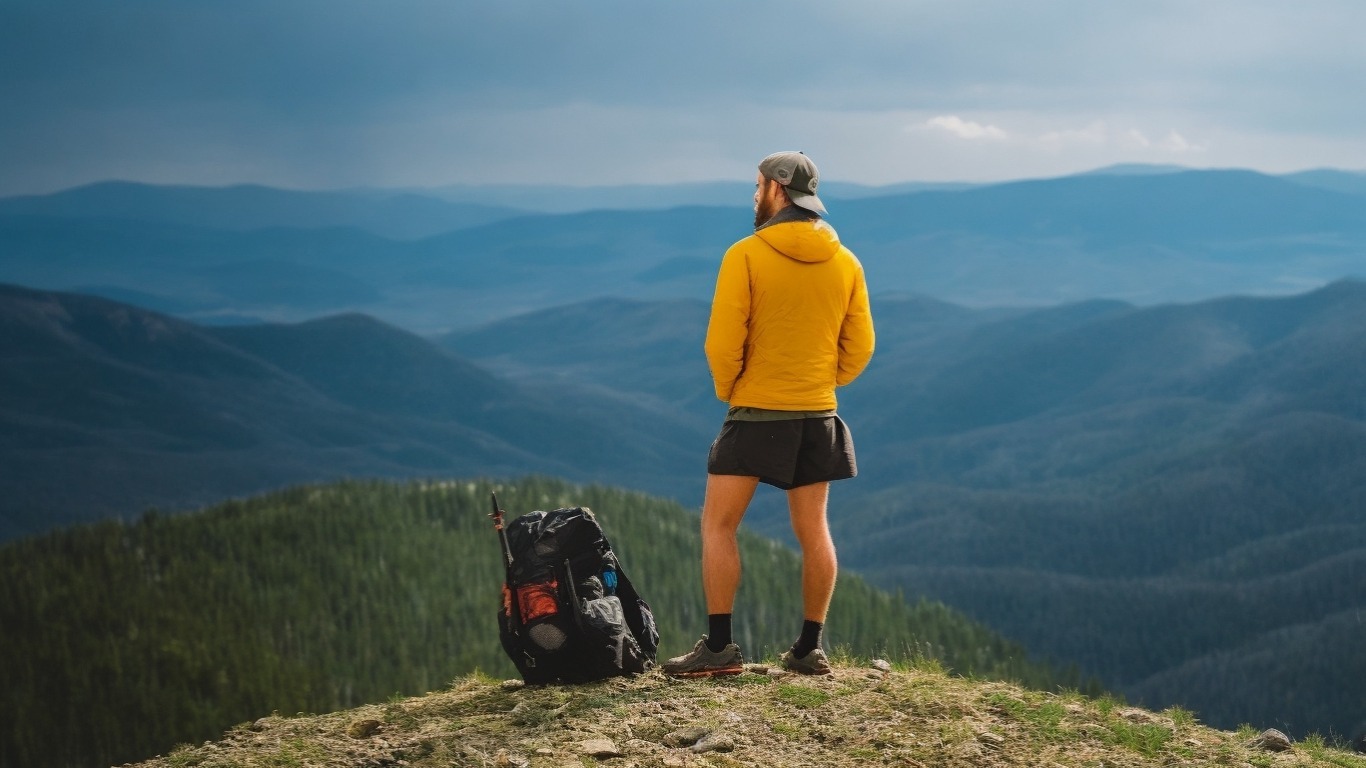Backpacking and hiking, both popular outdoor activities, are often mistakenly used interchangeably. While they share similarities, it’s essential to understand the differences between them. Backpacking and hiking provide unique experiences and cater to different preferences and needs. Let’s delve into these activities and uncover their essence.
What is Backpacking?
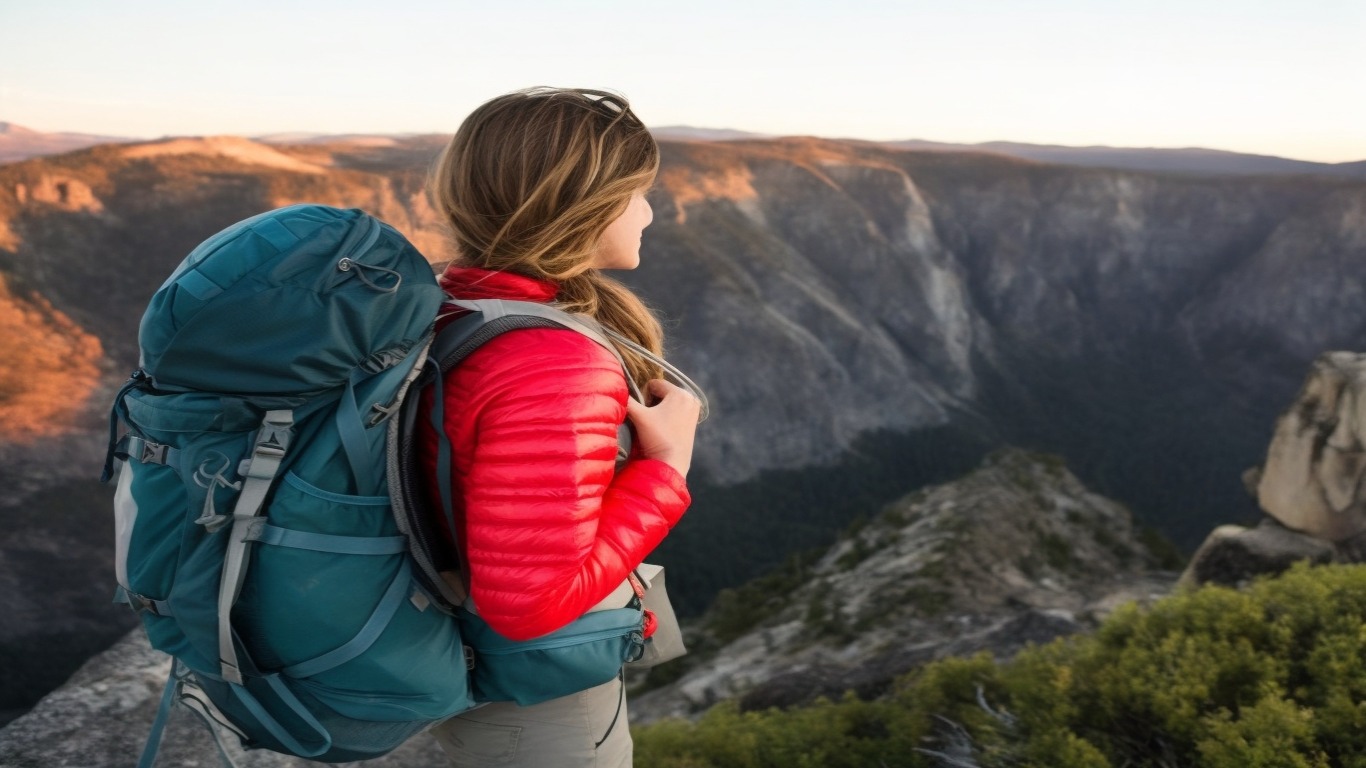
Backpacking is a form of outdoor travel that combines hiking with overnight camping. It involves carrying all the necessary gear and supplies in a backpack, which allows individuals to explore different terrains and remote areas. Backpacking offers the freedom to immerse oneself in nature and experience the joy of self-sufficiency.
The essentials you need for a backpacking trip include a tent, sleeping bag, cooking equipment, food, water, clothing, and navigation tools. It’s crucial to choose lightweight and durable gear to ensure comfort and ease while carrying the backpack for extended periods.
The Best Thing About Going on a Hiking Trip
Hiking, in itself, is a remarkable activity that brings numerous benefits to both the mind and body. The positive effects of spending time in nature and engaging in physical exercise are well-documented. Hiking allows individuals to disconnect from the hustle and bustle of daily life and connect with the natural world.
Aside from the physical fitness benefits, hiking has a profound impact on mental well-being. It reduces stress, boosts mood, and enhances overall happiness. The serenity of the surrounding environment, the sound of crunching leaves underfoot, and the panoramic views that rewards hikers at the summit are just some of the reasons why hiking is so beloved by millions of individuals.
Types of Backpacking
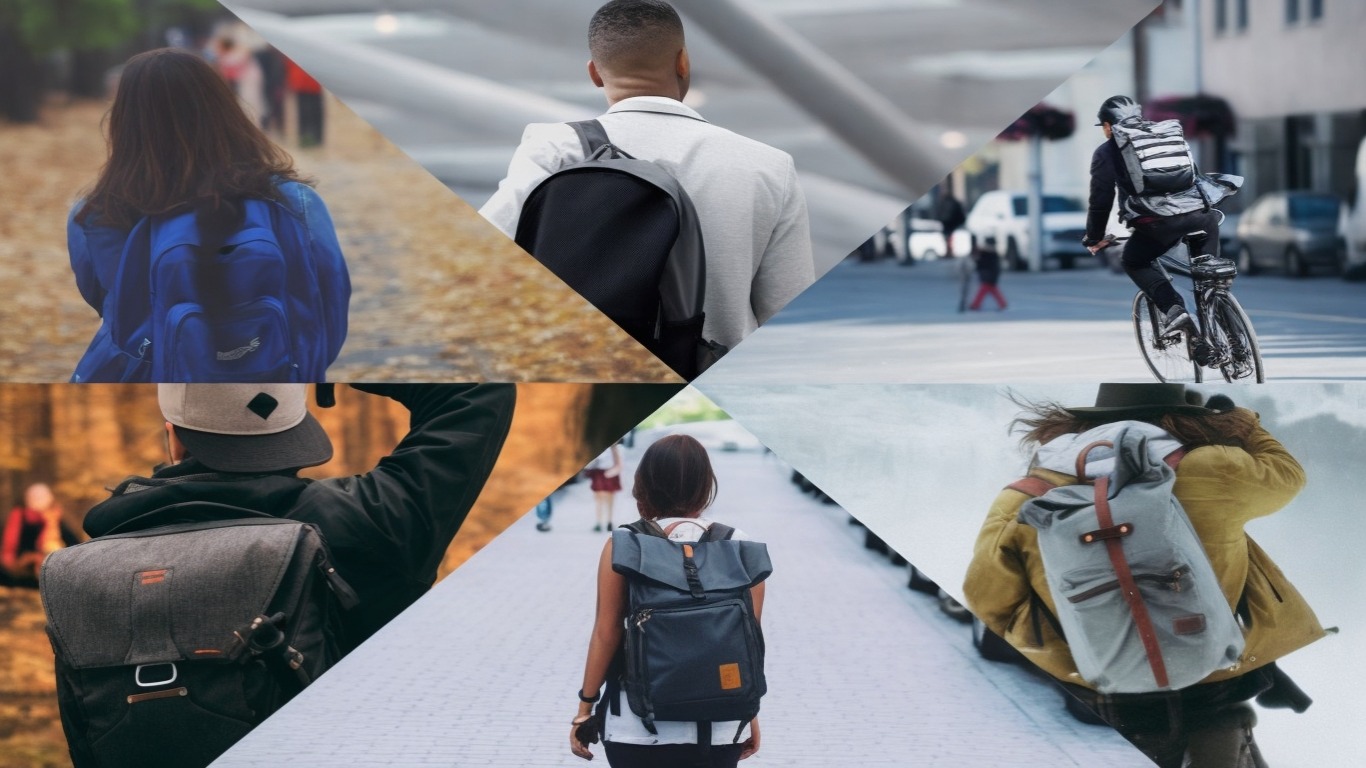
Within the umbrella of backpacking, there are various types that cater to different preferences and goals. Understanding these types can help individuals choose the backpacking experience that suits them best.
Ultralight
Ultralight backpacking focuses on reducing weight to a minimum. This type of backpacking involves using lightweight and cost-effective gear, as well as embracing a minimalist approach to packing. Ultralight backpackers prioritize efficiency and mobility, allowing them to cover greater distances while enjoying the benefits of nature.
Flashpacking
Flashpacking is a more luxurious form of backpacking that combines the adventure of backpacking with some comforts and conveniences. Flashpackers often invest in high-quality gear and may stay in well-equipped campsites or accommodations along their route. They strike a balance between experiencing the wilderness and enjoying certain creature comforts.
What is Hiking?
Hiking is a leisurely outdoor activity that involves walking on trails and paths, usually for shorter distances and without the need to carry extensive gear. It is a versatile activity accessible to people of all ages and fitness levels, making it a popular choice for recreational exploration of natural landscapes.
Engaging in hiking provides numerous health benefits. It improves cardiovascular fitness, strengthens muscles, and enhances overall endurance. With hiking, outdoor enthusiasts can conveniently explore trails and take in the beauty of nature without the commitment of extended backpacking trips.
Diverse Terrains for Hiking
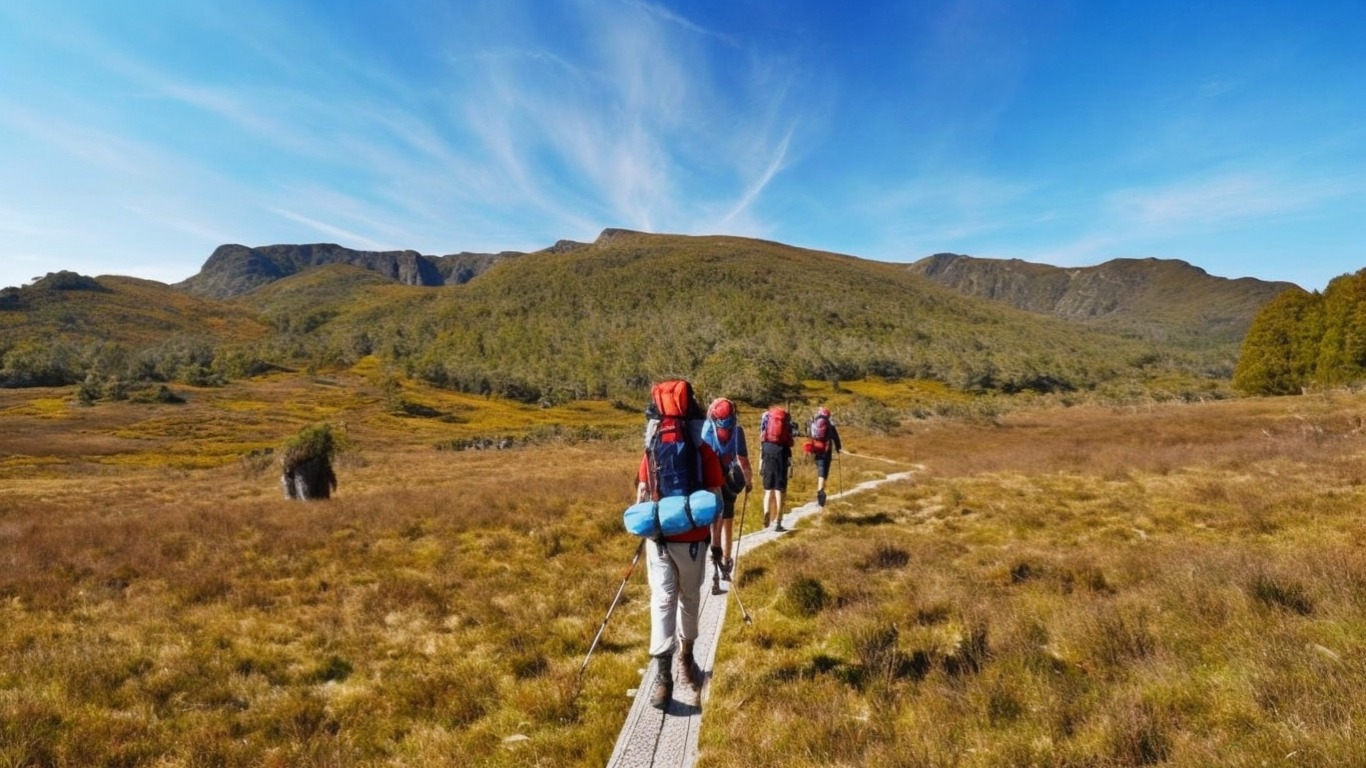
Hiking provides an opportunity to explore diverse terrains, each with its own unique charm and challenges. From lush forests and mountains to coastal trails and desert landscapes, hikers can immerse themselves in a wide range of environments, each offering a distinct experience.
Whether traversing rocky terrains, meandering through serene meadows, or ascending steep slopes, hiking allows individuals to connect with nature in their preferred setting. It is adaptable to various preferences and skill levels, offering something for everyone.
Types of Hiking
Just like backpacking, hiking encompasses different types that cater to different preferences and objectives. Understanding these types can help individuals choose the hiking experience that aligns with their goals.
Day Hiking
Day hiking involves shorter hiking trips that can be completed within a day. It is an excellent choice for beginners or those looking for a shorter adventure. Day hikers can experience the beauty of nature, admire scenic viewpoints, and enjoy the benefits of physical activity without the need for overnight camping.
Base Camping
Base camping combines hiking with extended stays in nature. Hikers set up a base camp at a specific location and explore surrounding trails and attractions during the day. Base camping allows for more time to appreciate the surroundings and engage in activities such as fishing, birdwatching, or simply relaxing in nature.
Section Camping
Section camping involves hiking a particular segment or section of a longer trail or route. Hikers typically plan their trip by dividing the trail into manageable sections, completing one section at a time. This type of hiking is well-suited for those who desire the challenge and adventure of an extended journey, allowing them to experience a variety of landscapes and terrains along the way.
Thru-Hiking
Thru-hiking is the pinnacle of hiking experiences, involving completing an entire long-distance trail in one continuous journey. It demands physical endurance, mental fortitude, and meticulous planning. Only the most experienced hikers attempt thru-hikes, as they require months of commitment and the ability to navigate different terrains, climates, and logistical challenges.
The Difference Between Hiking and Backpacking
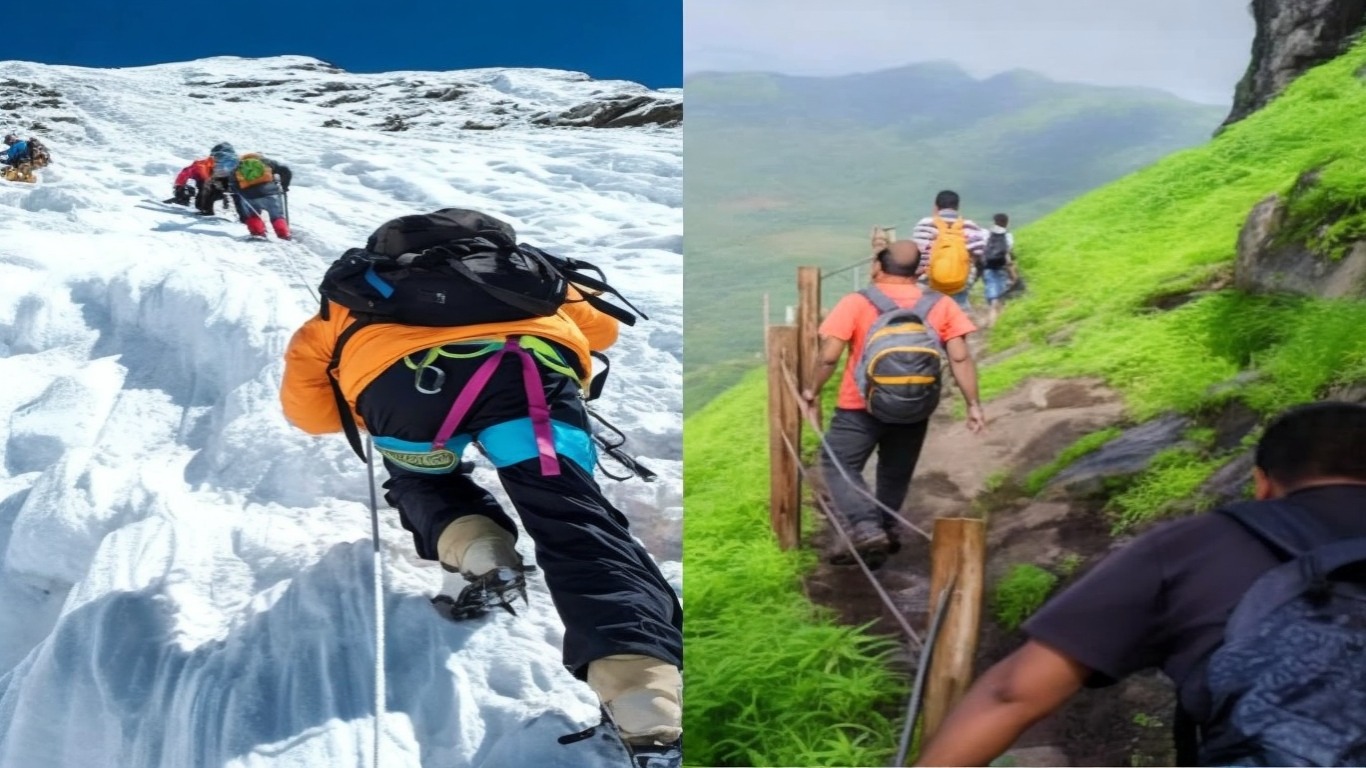
The Length of a Trip
One key difference between hiking and backpacking is the duration of the trip. Hiking trips are typically shorter, spanning a few hours to a full day. Backpacking, on the other hand, involves overnight stays in nature, extending the trip duration to multiple days or even weeks. The extended duration of backpacking allows for deeper immersion in nature and the opportunity to explore more remote areas.
Necessary Gear
While both hiking and backpacking require specific gear, the intensity and extent of the gear differ. Hiking generally necessitates a backpack with essentials such as water, snacks, sunscreen, appropriate clothing, and footwear. Backpacking, on the other hand, requires additional gear, including a tent, sleeping bag, cooking equipment, and food supplies for multiple days.
Location
Choice of location also plays a role in distinguishing between hiking and backpacking. Hiking can be enjoyed in diverse environments, from local trails and parks to national parks and mountains. Backpacking, with its overnight camping component, often takes place in remote areas and backcountry where access to amenities is limited, providing a deeper sense of solitude and adventure.
Backpacking and hiking, though closely related, offer unique experiences for outdoor enthusiasts. Whether exploring new trails on a day hike or embarking on a multi-day backpacking trip, each activity provides its own rewards. The choice between backpacking and hiking ultimately depends on personal preferences, fitness levels, and the desired level of immersion in nature. Whichever option you choose, both backpacking and hiking promise unforgettable adventures and the chance to connect with the great outdoors.
